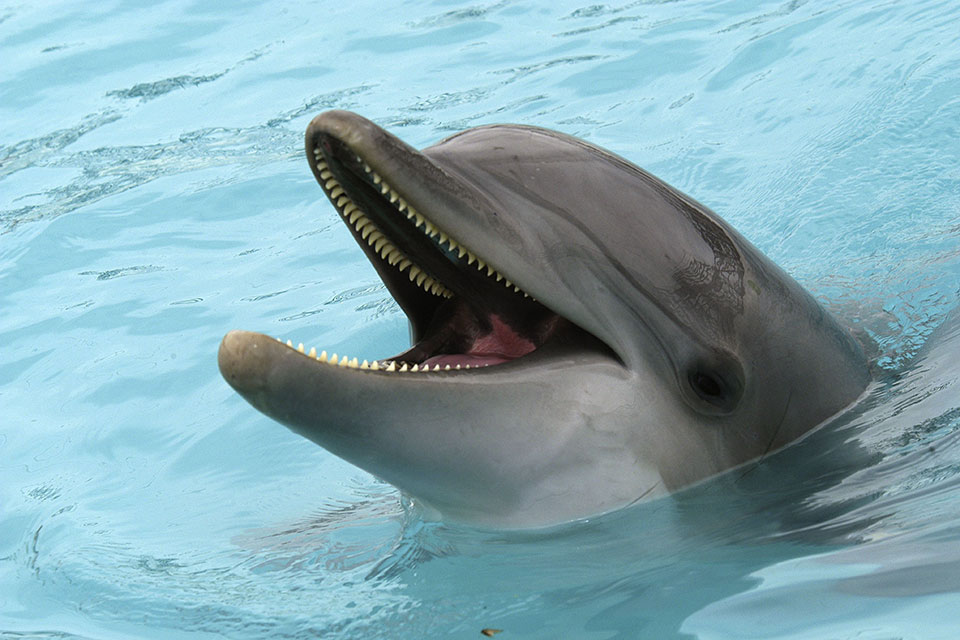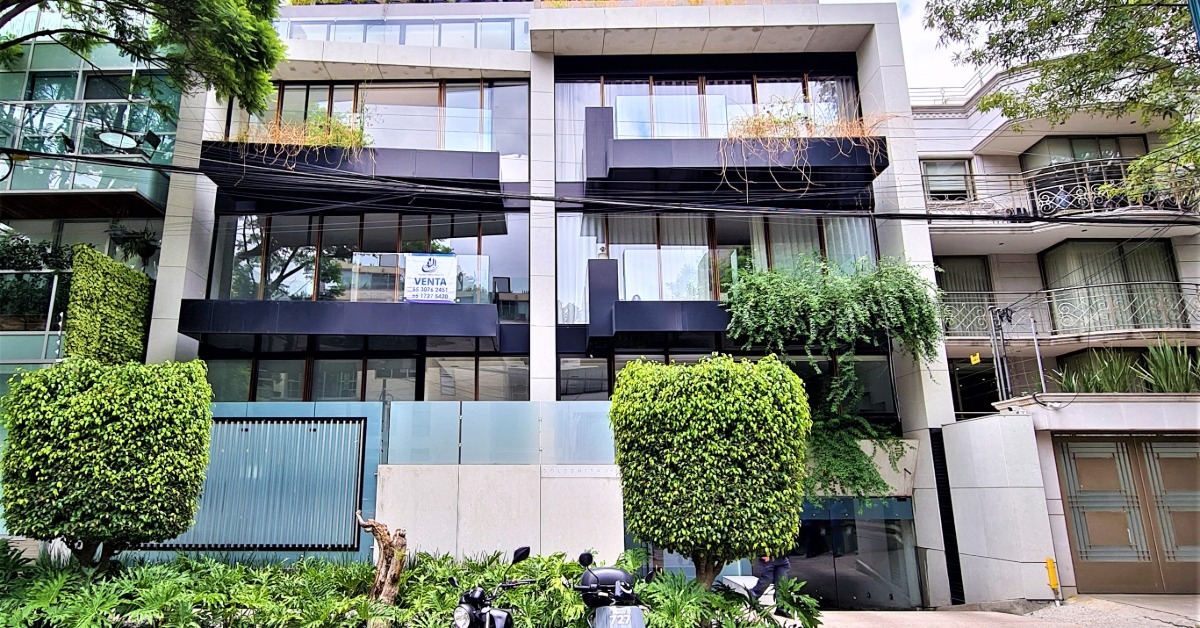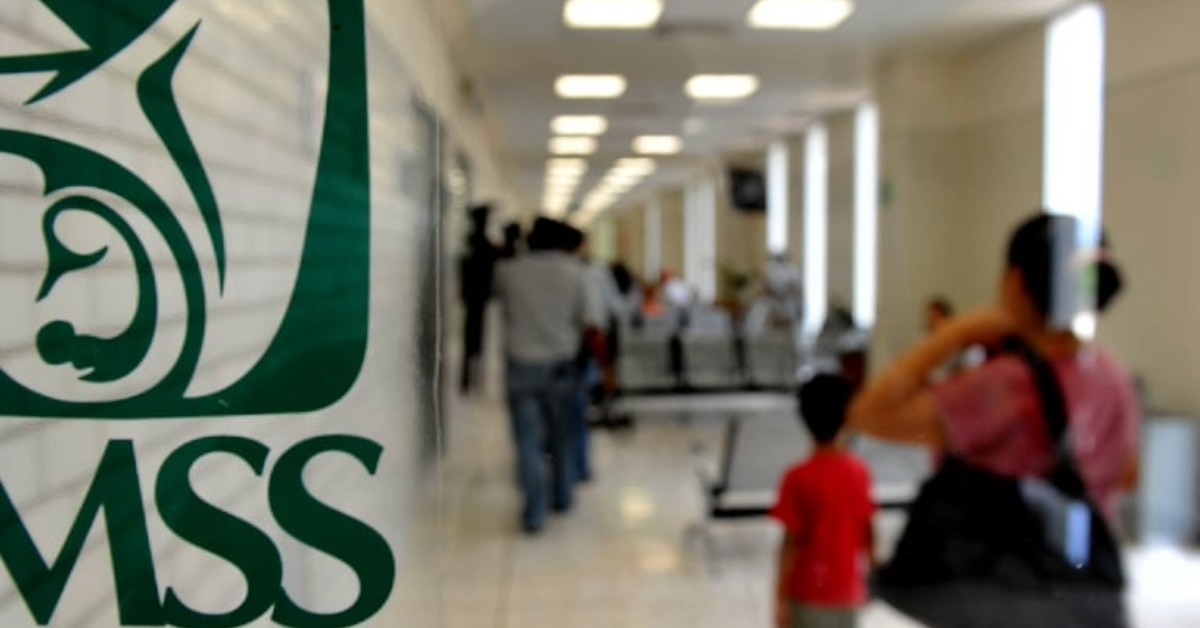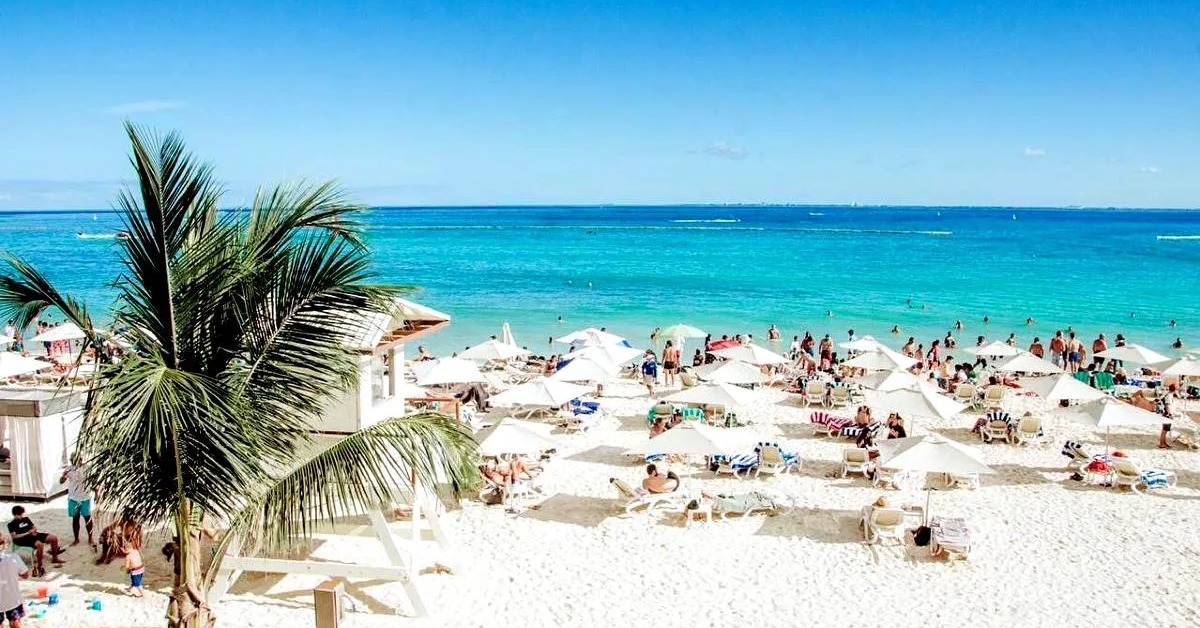After two failed attempts, representatives of the political parties PVEM, PRI, Encuentro Social and Nueva Alianza endorsed the reform of Article 60 of the General Wildlife Law on marine mammals with 242 votes in favor and 190 against it.
Without debate or abandonment of the meeting room by deputies of Morena, PAN, PRD, and of the Citizen Movement, as happened at the sessions of April 6 and 20, the plenary approved the reform to prohibit the use of marine mammals of any species, such as whales, dolphins and manatees, in fixed or itinerant shows.
Conservation-oriented research, carried out by . . .






